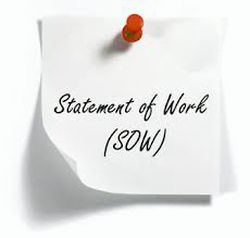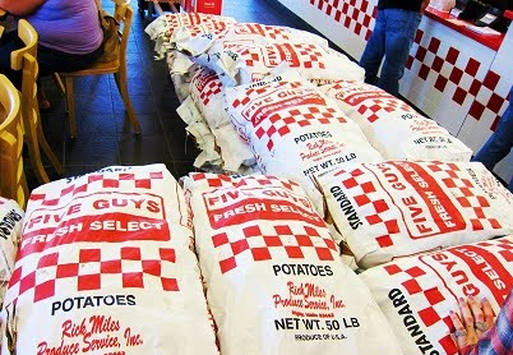As we enter the home stretch for the calendar year, I would like to take a moment to share some thoughts on Statements of Work (SOWs). Not because I sit around and start day dreaming about them but because many technology professionals spend much time writing them, editing them, personally reviewing them, having them reviewed by counsel, and getting them signed. SOWs are a necessity in the business world – normally when dealing with business-to-business deals. Most service provider / software organizations have strict processes for SOW creation and even stricter processes for SOW approval before an SOW can be shown to a client. The reasons most firms go to painstaking measures to make sure SOWs are as perfect as possible are flawed. Most organizations go into an SOW thinking it is a short-term project based document without thinking about long-term ramifications. There are two types of selling organizations when it comes to SOWs: the transactional firm and the relationship-based firm.
The first type of firm, the transactional firm, needs very buttoned up SOWs and must ensure their SOWs give the customer a checklist of what the customer will get, when they will get it, how much it will cost, and what kind of service to expect after the service or product is delivered. This checklist also serves as proof for the selling firm to satisfy all contractual obligations. Most of the time transactional deals are one-time deals that will not lead to a long-term relationship or partnership between the two parties. Often the start of such a buttoned up SOW is a Request For Proposal (RFP).
The second type of organization, the relationship based firm, creates SOWs as well but the SOW is more of an insurance or risk policy in case things go south. At the relationship based firm, by the time the selling firm and the customer are looking at the SOW for details on what is in/out of scope or what should be delivered when and by whom, it is often too late to salvage the relationship. The relationship has become transactional and the level of trust between the two entities has diminished greatly.
I often tell clients / prospects that I will do anything I can to exceed their expectations and that while the SOW we sign is important and a legal contract, the partnership between us is way more important than the piece of paper. Happy clients end up with services or products that are not in the original SOW they sign (extra things) but they also end up without things in the SOW (less things). Customers that get what they want are much happier than customers who get exactly what is spelled out in the original SOW. In today’s business world, we live in a world of flux, and most customers appreciate partners that work with that change rather than against it. Rather than making every detail (more things / less things) a change request, the partnership and trust that is created by getting things done is much greater than signing 5 pieces of paper saying we have changed scope. Trust must be earned by both parties and while documenting changes is important, earning trust and building a relationship is even more important.
A couple of years ago, CNBC did a special called Behind the Counter, a documentary on the franchise industry. Five Guys is a popular hamburger spot featured in this special. I learned much about the Five Guys franchise.

They have no freezers in any of their stores, they focus on simplicity in the number of products they sell, and they started in the DC metro area. The one thing I found most fascinating is they have one supplier for every potato (french fries) they sell. The agreement with this potato vendor is based not on a contract or a SOW or an arrangement between and army of lawyers. It is based on a verbal agreement and a handshake that took place over a decade ago. Back then Five Guys had five locations and Rick Miles’ Rigby, Idaho based company agreed to deliver 150 bags of potatoes to Five Guys every week. Today, 60,000 bags of potatoes are shipped weekly by Miles Produce Service, Inc. to over 1,000 Five Guys locations – all based on a handshake. No Service Level Agreements (SLAs), no complex contracts, no lawyers, just a verbal agreement and a handshake. I do not believe every business arrangement can be consummated by a handshake and a verbal agreement but I do think there is something to be said about this arrangement.
The next time you are working on an SOW make sure to think about the big picture and what really matters. Wikipedia defines an SOW as “a formal document that captures and defines the work activities, deliverables, and timeline a vendor must execute in performance of specified work for a client. The SOW usually includes detailed requirements and pricing, with standard regulatory and governance terms and conditions.” Definitely make sure to include all of this in your SOW, but if you are looking for a relationship and not a transaction, make sure you let the customer know and more importantly, make sure your actions reflect what you are looking for AFTER you get the deal signed.